10 GPTs for Shader Optimization Powered by AI for Free of 2026
AI GPTs for Shader Optimization refer to the application of Generative Pre-trained Transformers in enhancing the performance and efficiency of shaders used in graphics rendering. These tools leverage the power of AI to analyze, predict, and optimize shader code, making them more efficient without compromising on visual quality. By understanding the context and specifics of shader programming, these GPTs offer tailored solutions for optimizing rendering processes, thus playing a crucial role in the development of visually rich and performance-optimized applications and games.
Top 10 GPTs for Shader Optimization are: Shader Compiler,Unity Game Dev URP Guru,Unity Shader Graph Expert,GLSL GURU,Unity Wizard,Unity Shader助手,MaxiShader - GLSL Coding Assistant,Apple Metal Complete Code Expert,Shader Debugger,Spark Helper
Shader Compiler
Empowering Creativity with AI-Powered Shader Compilation
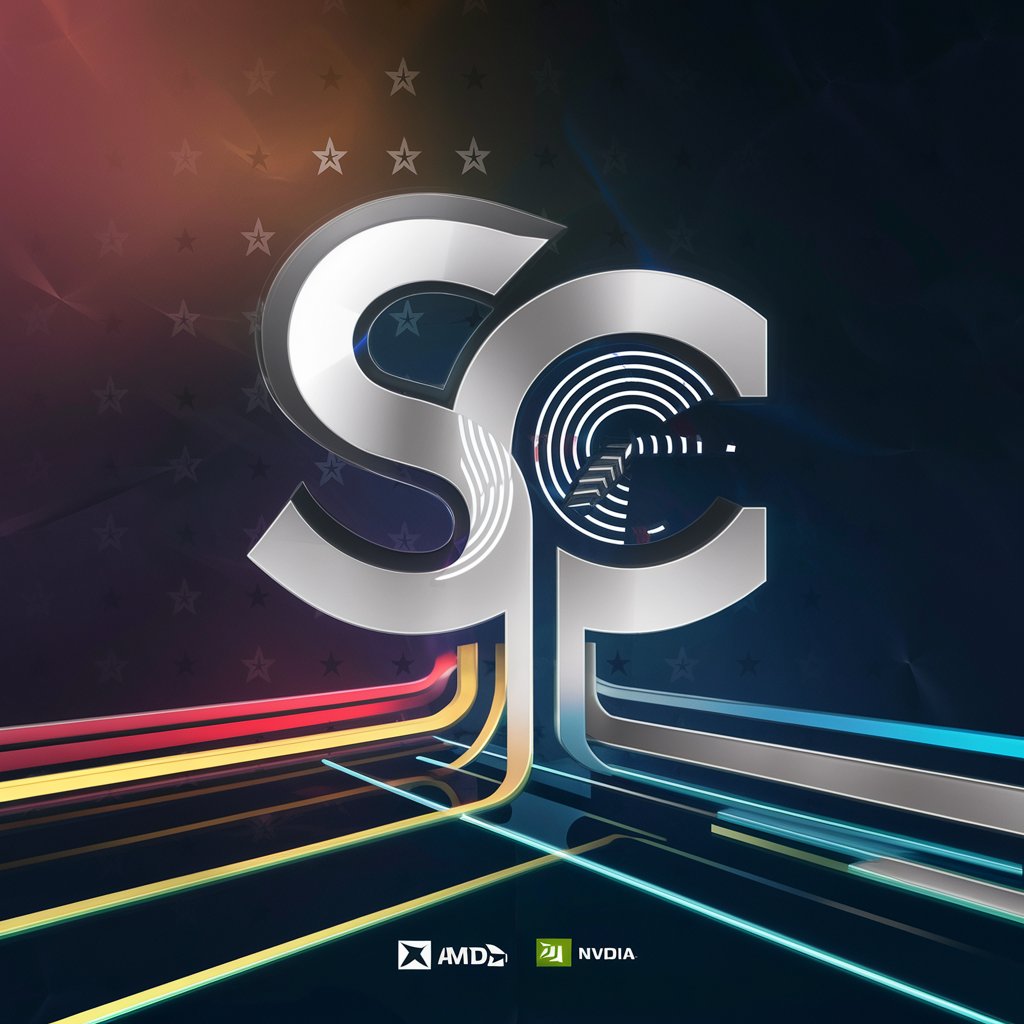
Unity Game Dev URP Guru
Elevate Unity games with AI-powered URP insights
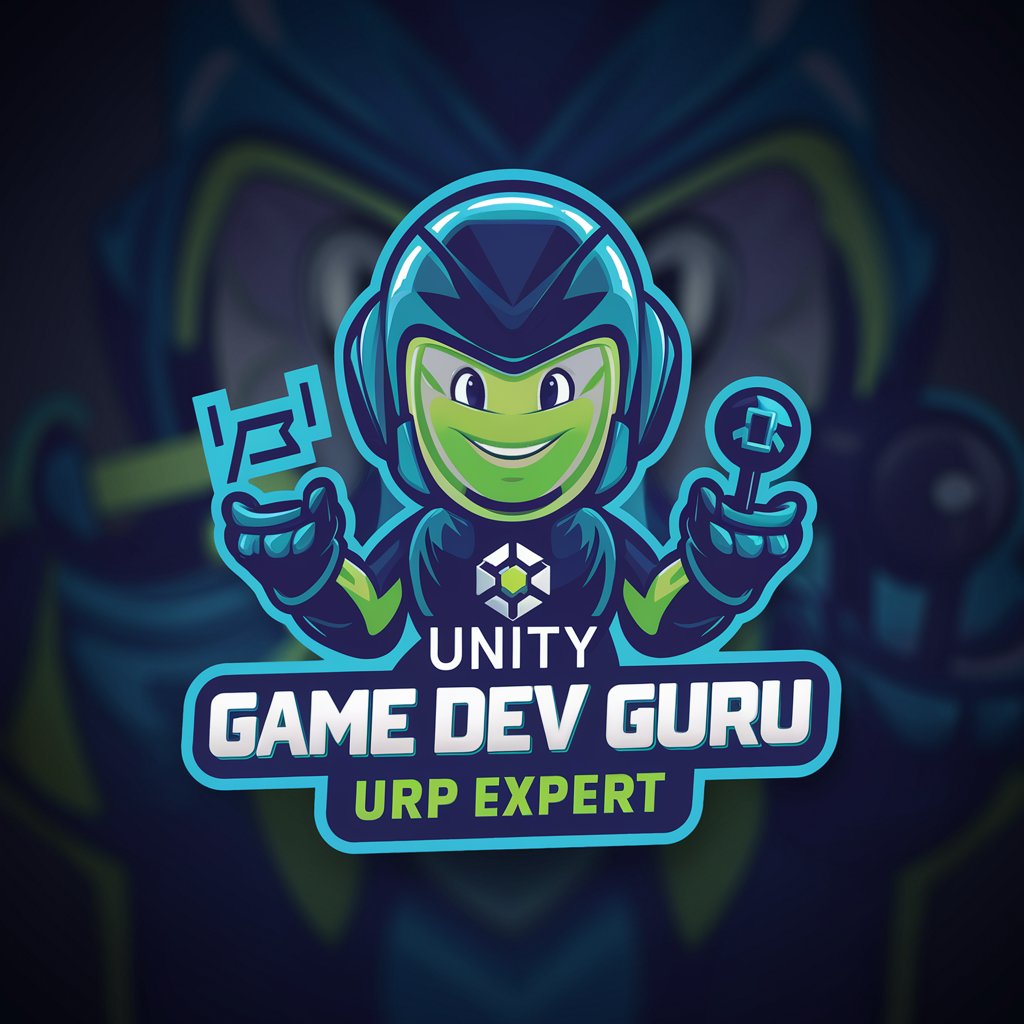
Unity Shader Graph Expert
Craft Stunning Visuals with AI-Powered Shader Guidance.
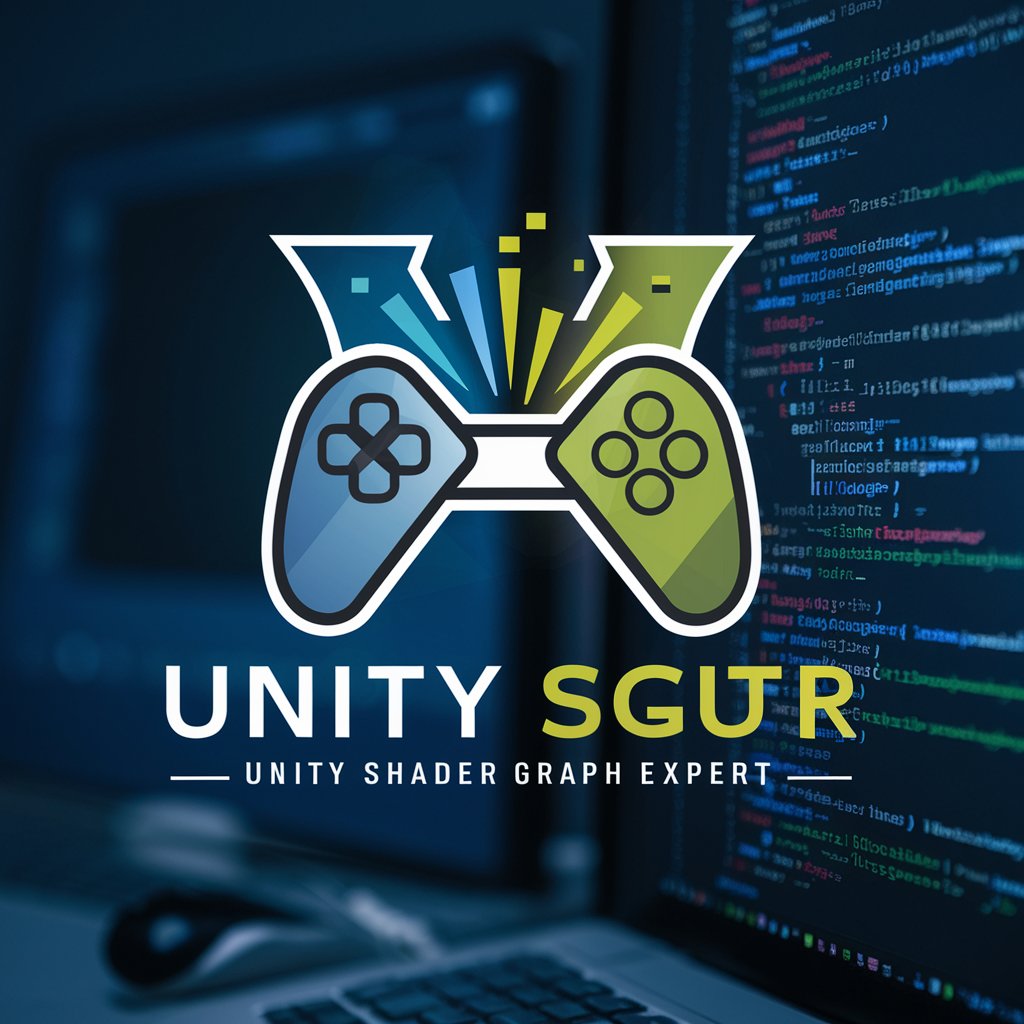
GLSL GURU
Optimize and create shaders with AI-powered guidance
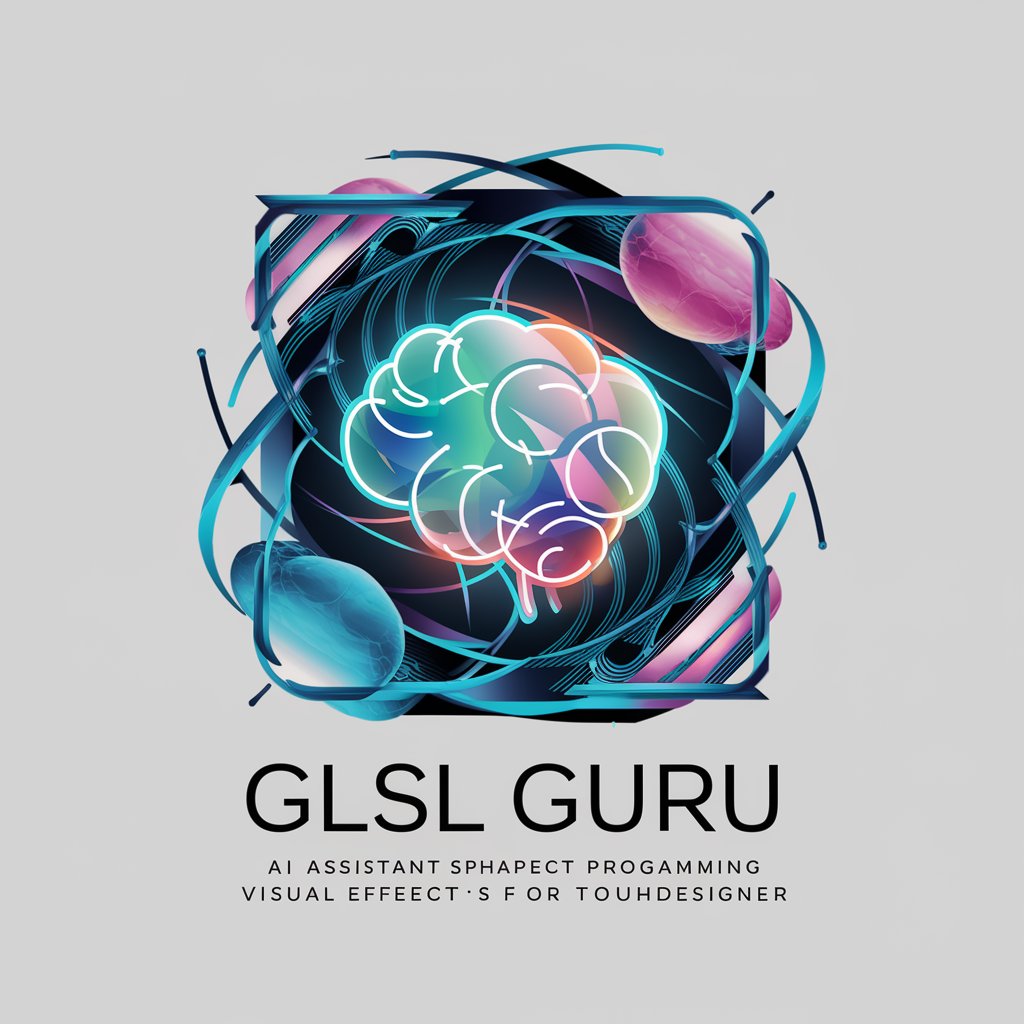
Unity Wizard
Power Your Game Development with AI
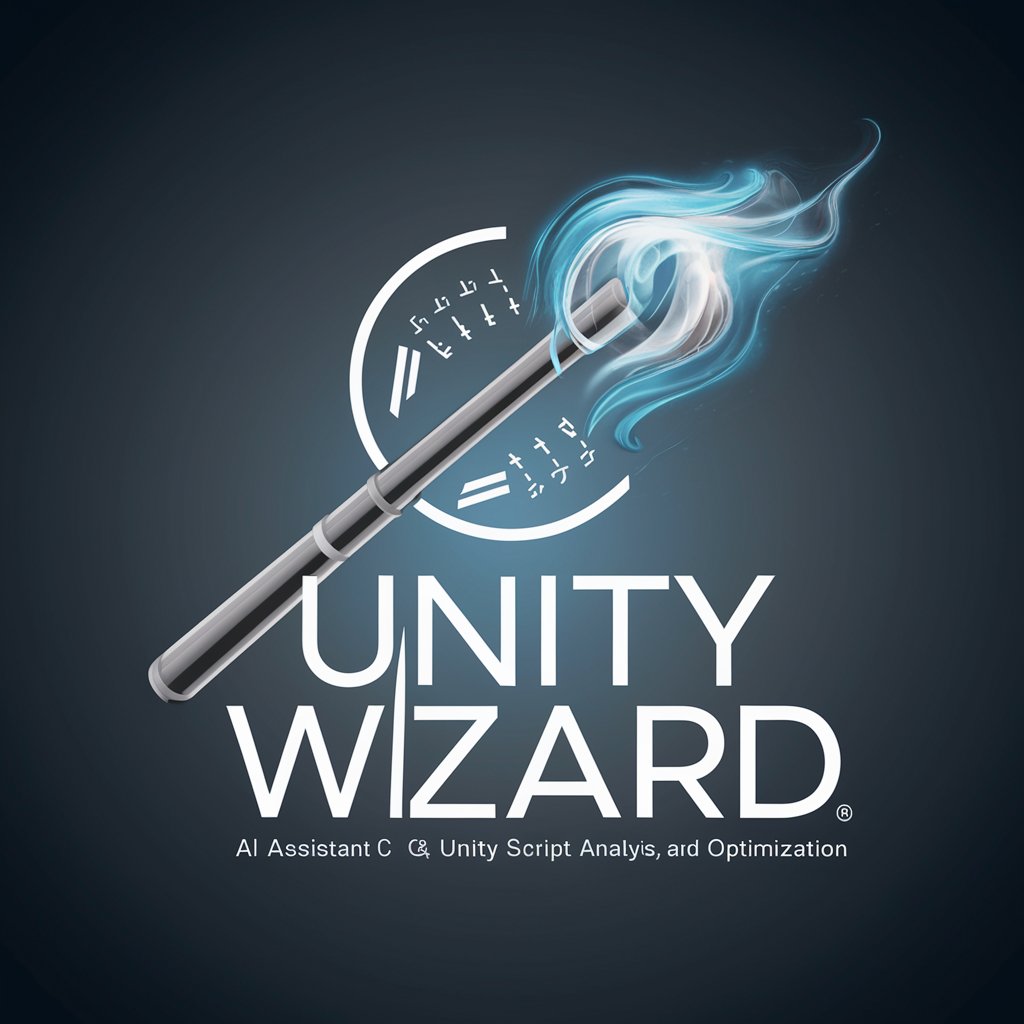
Unity Shader助手
Empower Your Unity Shaders with AI
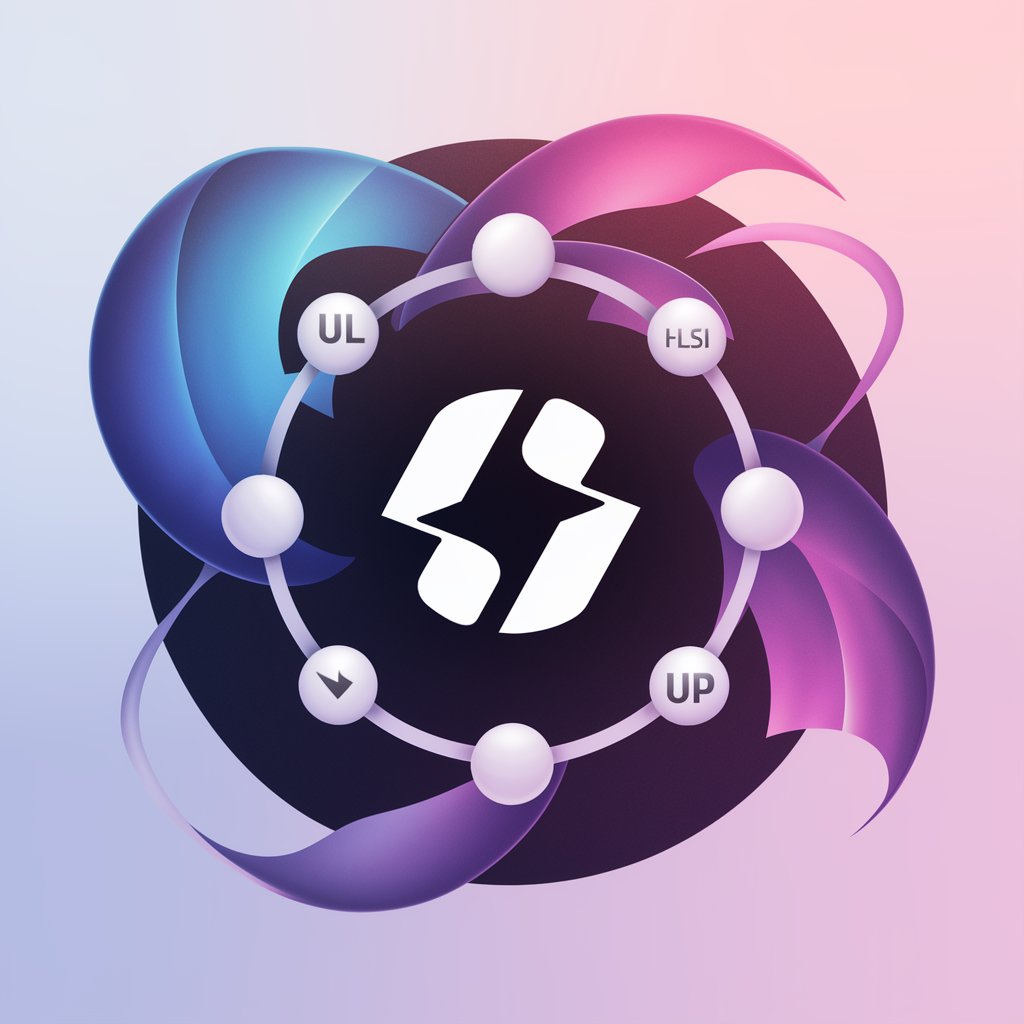
MaxiShader - GLSL Coding Assistant
Empowering Your Shaders with AI
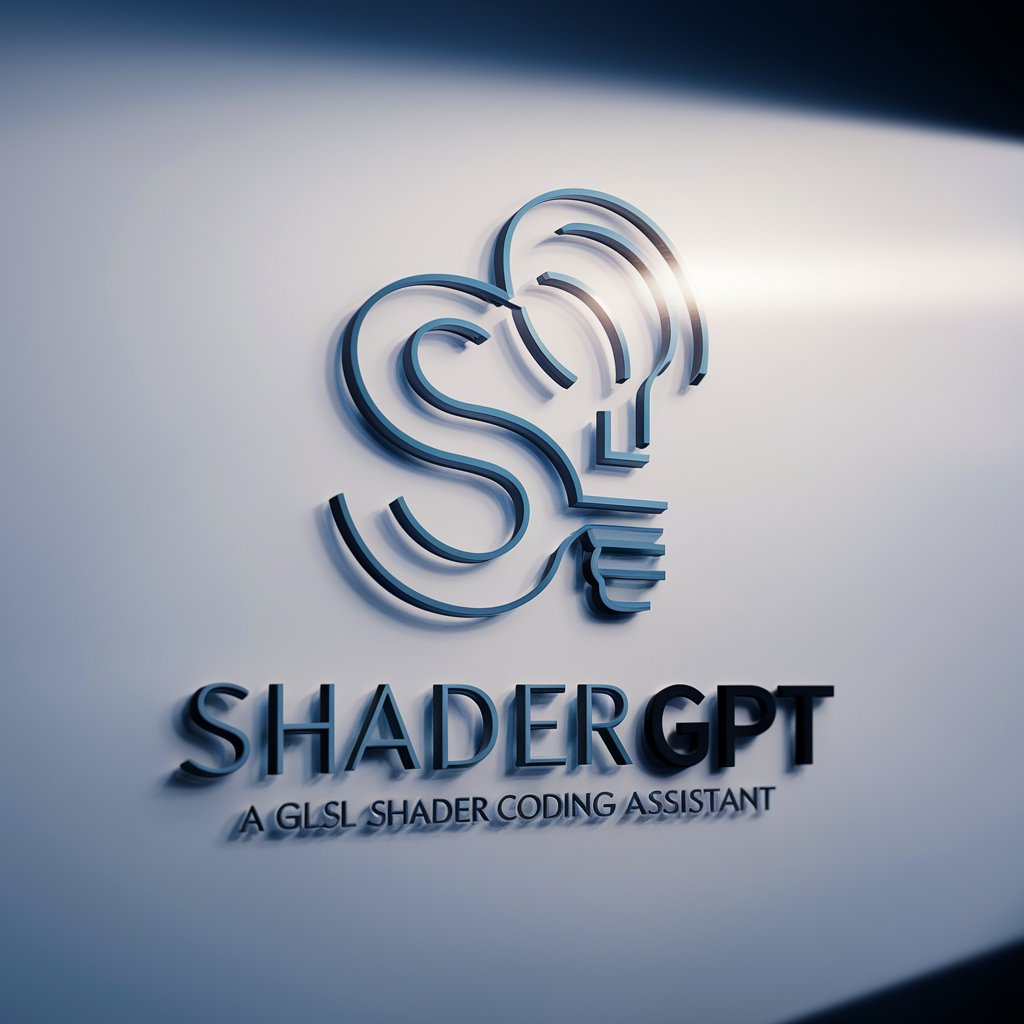
Apple Metal Complete Code Expert
Empowering Metal Developers with AI
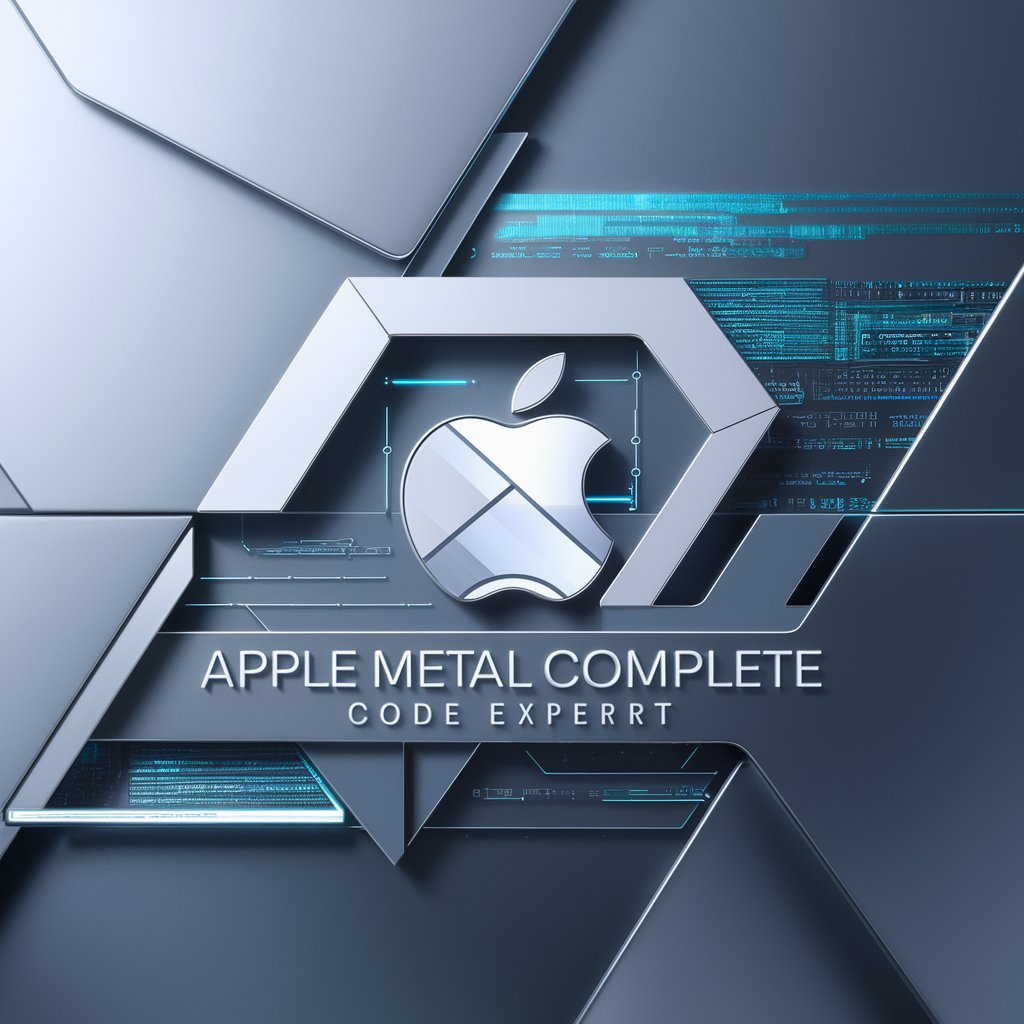
Shader Debugger
Optimize shaders with AI-powered insights
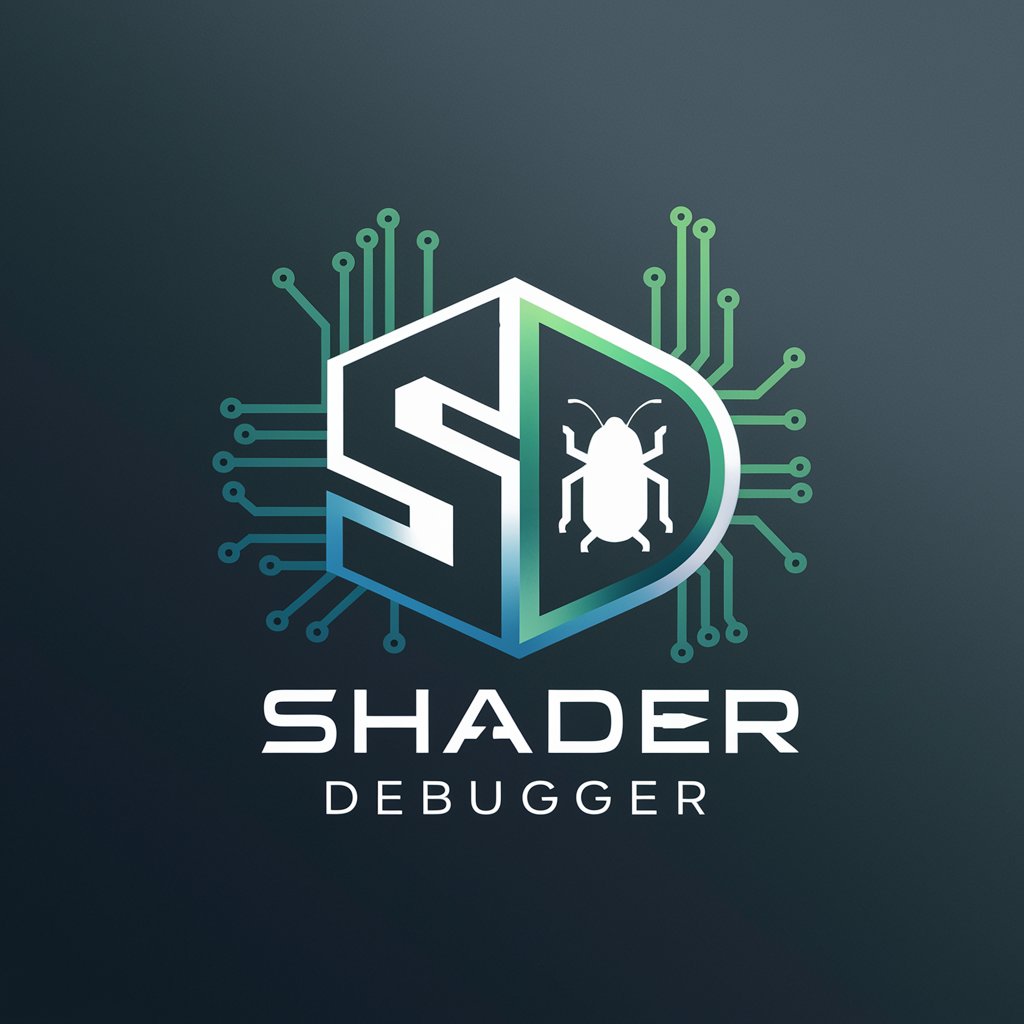
Spark Helper
Powering Shader Development with AI
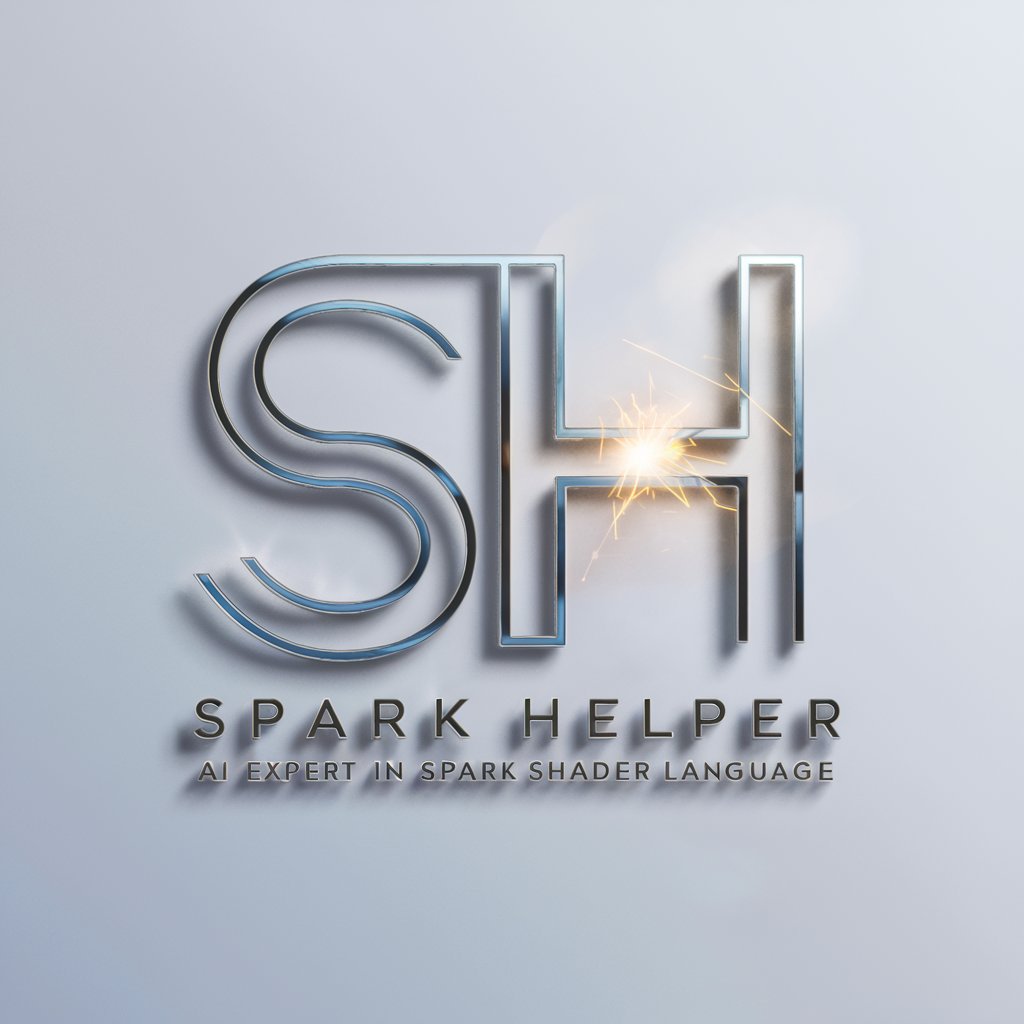
Unique Capabilities of Shader-Optimizing AI
AI GPTs tools for Shader Optimization boast a range of unique features, including the ability to learn from vast datasets of shader codes, predict performance bottlenecks, and suggest optimizations. They can adapt to various levels of complexity, from optimizing simple shaders to rearchitecting complex ones for better performance. Special features include natural language understanding for easier interaction, technical support for debugging, web searching for the latest optimization techniques, image creation for visualizing optimizations, and data analysis for performance benchmarking.
Who Benefits from Shader-Optimizing AI Tools
These AI GPTs tools cater to a wide audience, including novices interested in game development, experienced shader developers, and professionals in graphics programming. They are accessible to users without coding skills through natural language interfaces, while offering deep customization and advanced optimization techniques for those with programming expertise. This inclusivity broadens the scope of individuals and organizations that can benefit from optimized shader performance.
Try Our other AI GPTs tools for Free
Scene Lighting
Discover how AI GPTs for Scene Lighting revolutionize lighting design with adaptable, precise, and creative solutions for various environments.
Ethical Stewardship
Discover AI GPTs for Ethical Stewardship: Tailored AI tools designed to enhance ethical practices across industries, ensuring decisions align with moral values.
Hazard Education
Explore the cutting-edge AI GPT tools tailored for Hazard Education, enhancing safety and preparedness through personalized learning and real-time guidance.
Cultural Navigation
Discover the world of AI GPTs for Cultural Navigation: your gateway to understanding global cultures through advanced AI technology. Tailored for both novices and professionals, these tools offer insights, language learning, and more.
Pharmacology
Discover how AI GPTs for Pharmacology are transforming drug discovery and development with advanced AI, tailored for the pharmacological sector.
Information Aid
Discover how AI GPTs for Information Aid leverage advanced AI to provide accurate, contextually relevant information and support, making them an essential tool for anyone seeking reliable assistance.
Expanding Possibilities with AI-Driven Shader Optimization
The integration of AI GPTs into shader optimization not only streamlines the development process but also opens new avenues for innovation in graphics programming. With user-friendly interfaces and compatibility with existing systems, these tools democratize access to high-level optimization techniques, empowering developers to create visually stunning and performance-efficient applications across various sectors.
Frequently Asked Questions
What exactly are AI GPTs for Shader Optimization?
They are AI-driven tools that use Generative Pre-trained Transformers to analyze, optimize, and improve shader code efficiency in graphics rendering.
How do these tools optimize shaders?
By analyzing existing shader codes, predicting performance issues, and suggesting optimizations to improve efficiency without sacrificing visual quality.
Can non-programmers use these AI GPTs effectively?
Yes, thanks to natural language processing capabilities, these tools can be used by non-programmers to optimize shaders through simple commands and queries.
What makes these tools unique compared to traditional optimization methods?
Their ability to learn from data, predict bottlenecks, and offer tailored optimization strategies sets them apart from traditional, manual optimization techniques.
Are these tools applicable to all types of shaders?
Yes, they are designed to be adaptable across different shading languages and platforms, optimizing a wide range of shaders from simple to complex.
How do AI GPTs handle complex shader optimization?
They use advanced algorithms to rearchitect complex shaders, ensuring optimized performance while maintaining or enhancing visual quality.
Can these optimizations be integrated into existing development workflows?
Absolutely. These tools are designed to complement existing workflows, providing seamless integration for continuous optimization during the development process.
Are there any limitations to using AI GPTs for shader optimization?
While highly effective, the optimizations are dependent on the quality of input data and the complexity of the shaders. In some cases, manual adjustments may still be necessary for optimal results.